Why small friends are staunch allies at the United Nations
The UN voted against Donald Trump’s recognition of Jerusalem as Israel’s capital. Aside from Israel and the US, seven other states backed the move. We look behind the scenes to find out why
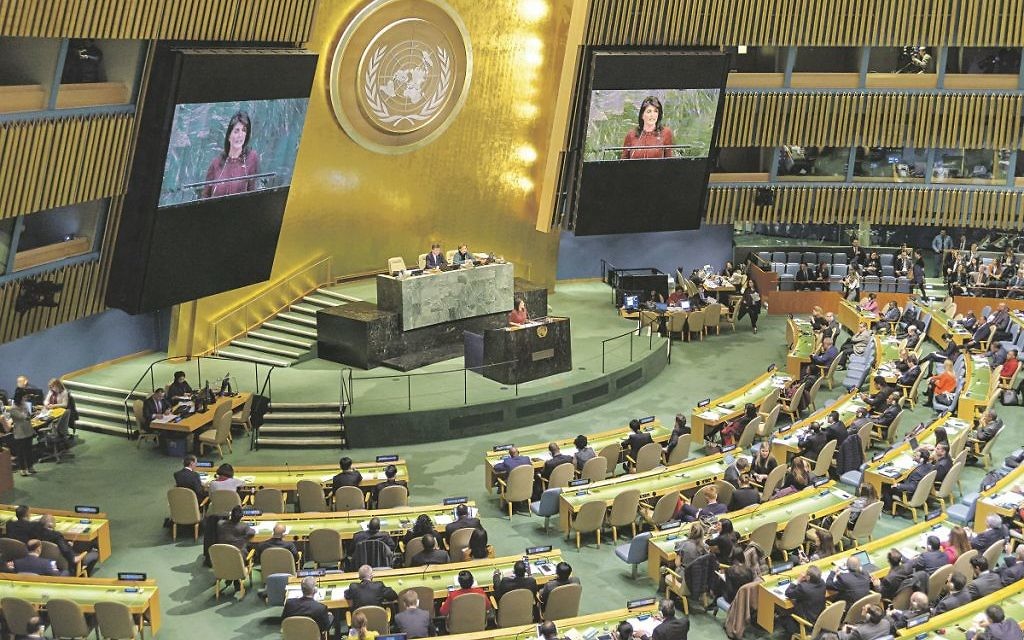
Resolution A/ES-10/L22 is the world’s innocuously named repudiation of a bid to recognise Jerusalem as the capital of Israel, in the last breaths of 2017. But as names go, A/ES-10/L22 sounds more like a Star Wars character than a 128-9 UN vote on Israel’s spiritual heart. It has none of the naming majesty of military campaigns. Had UN bureaucrats had some Christmas fun, they could have come up with something far more exciting to render Donald Trump’s newly-endorsed status of Jerusalem “null and void”. Imagine ‘Operation Holy Halt’, ‘Operation Western Wail’, or even ‘Operation Reinstate Suleiman’.
Alas, it is now forever A/ES-10/L22, but to the US president, an easily-snubbed man, the vote was “personal”. He told his UN Ambassador Nikki Haley to “take names” of those who voted against America on the issue of moving the US Embassy and the status of Jerusalem as Israel’s capital. Just as George W Bush defined an “axis of evil”, Trump seemed to be saying that states voting on Jerusalem would define them as good, bad or ugly.
There are no mighty titans in the list of the ‘good’. Guatemala, Honduras, Togo, Nauru, Micronesia, Marshall Islands and Palau are all either wholly or partly dependent on either Israel or America for their security.
Get The Jewish News Daily Edition by email and never miss our top stories Free Sign Up
In the case of the small Pacific island nations, thousands of miles from anywhere, being on good terms with the US is everything, especially since any rescue or defence would come from US military bases on Guam or Hawaii.
In the case of Honduras and Guatemala (the latter following Trump in planning to relocate its embassy to Jerusalem), the reliance is on Israeli military training, weapons and surveillance.
In all seven cases, lofty considerations about the holy city itself and the Middle East peace process came second.
Indeed, geopolitics played a huge role for the 35 abstaining states. Some are among the poorest in the world (Malawi, Lesotho, Rwanda, Haiti, Benin, Uganda, Equatorial Guinea and Cameroon), so among the most reliant on Western aid.
Others border Russia and don’t want to jeopardise America’s NATO security blanket (Poland, Czech Republic, Hungary, Bosnia, Croatia, Romania and Latvia). Others seem more minded by their own proximity to the US (Mexico, Canada and Panama, the latter voting on the 28th anniversary of the US invasion) while others still are simply tiny (Fiji, the Solomon Islands, Vanuatu and Tuvalu, with a population of 11,900). Still, the 2,600-year old wisdom of fable-teller Aesop holds true: “Little friends may prove great friends.”
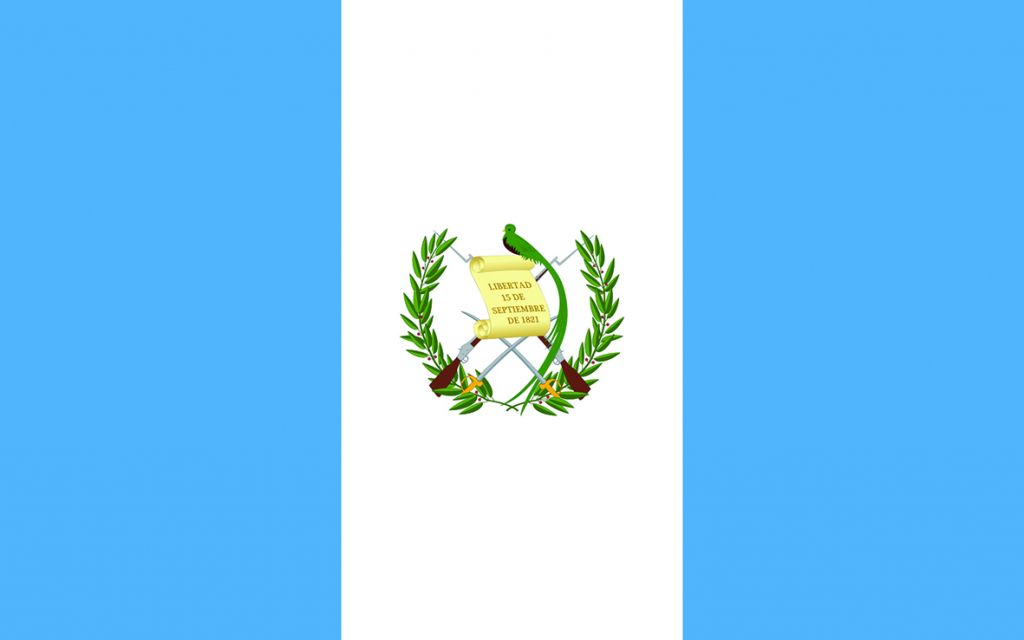
Guatemala:
Population 16.5 million
Fun fact: The instant coffee process and blue denim were invented here.
Why vote as it did? The US gives it $750million per annum to help fight drug gangs and Israeli companies supply it with military hardware, training and surveillance know-how – all of which critics say is used for internal repression by the embattled regime of Christian evangelical leader Jimmy Morales.
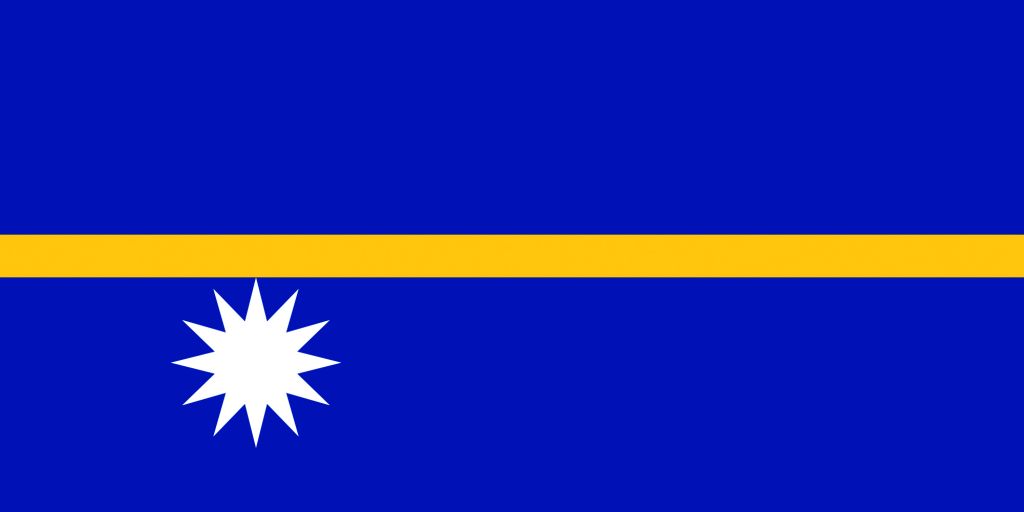
Nauru:
Population 10,300
Fun fact: It is the second least populous state on the planet after The Vatican.
Why vote as it did? Israeli newspaper Yedioth Ahronoth reports that Israeli ministers approved a multi-million dollar sewage treatment system for Nauru just two weeks before the UN vote, in a deal nodded through by Israel’s foreign ministry.

Palau:
Population 21,000
Fun fact: The columns of the main government building are plastic.
Who vote as it did? Like Micronesia and the Marshall Islands, Palau is a signatory to the Compact of Free Association (COFA), under which the South Pacific islands get US economic help, 100 percent defence guarantees and other benefits. In return the US gets to operate military bases there.
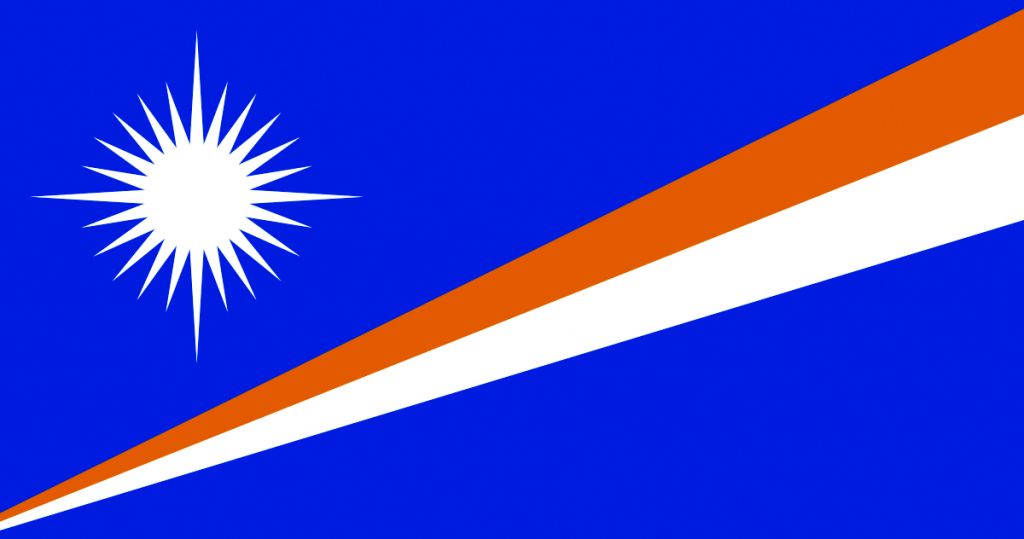
Marshall Islands:
Population 55,000
Fun fact: Its land mass covers just 70 square miles.
Why vote as it did? A COFA signatory (see Palau) it is wholly reliant on the US for financial and physical security, having only gained independence from America in 1979. With few natural resources, 90 percent of the Islands’ exports come from fish and coconuts.
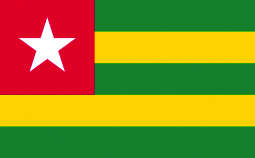
Togo:
Population 7.6 million
Fun fact: It has a voodoo market and its religions stress the importance of both fetishism and idolatry.
Why vote as it did? The president or his father have ruled for more than 50 years, but riots and protests have rocked the country and, in September, Togo had to cancel its hosting of the Israel-Africa Summit due to unrest. It wants US support for a crackdown, and knows Israel’s expertise in areas such as water, security, renewable energy and agriculture will be essential for development.
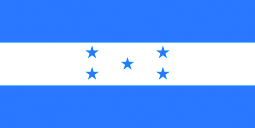
Honduras:
Population 9.1 million
Fun fact: The blonde-haired, blue-eyed Hondurans are descendants of British pirates 500 years ago.
Why vote as it did? Honduras is the original ‘banana republic’ and relies on the US for 70 percent of its trade, with reports that US intelligence services base their Central American operations out of the country. Again, this is a story of reliance on the superpower.
Federated States of Micronesia (FSM):
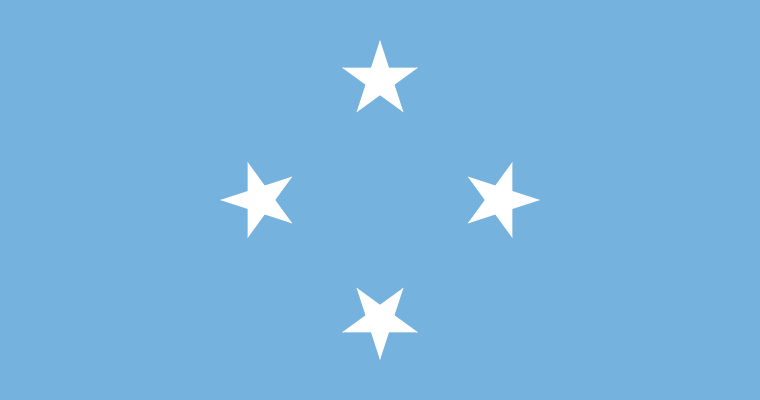
Population 104,000
Fun fact: Languages include Chuukese, Kosraean, Pohnpeian, Yapese, Ulithian, Woleaian, Nokuoro and Kapingamarangi.
Why vote as it did? The US has provided, and is due to provide, billions of dollars in aid, in agreements stretching until 2023. The CIA World Factbook notes that FSM’s economic outlook is “fragile because of its dependence on US assistance”.

Thank you for helping to make Jewish News the leading source of news and opinion for the UK Jewish community. Today we're asking for your invaluable help to continue putting our community first in everything we do.
For as little as £5 a month you can help sustain the vital work we do in celebrating and standing up for Jewish life in Britain.
Jewish News holds our community together and keeps us connected. Like a synagogue, it’s where people turn to feel part of something bigger. It also proudly shows the rest of Britain the vibrancy and rich culture of modern Jewish life.
You can make a quick and easy one-off or monthly contribution of £5, £10, £20 or any other sum you’re comfortable with.
100% of your donation will help us continue celebrating our community, in all its dynamic diversity...
Engaging
Being a community platform means so much more than producing a newspaper and website. One of our proudest roles is media partnering with our invaluable charities to amplify the outstanding work they do to help us all.
Celebrating
There’s no shortage of oys in the world but Jewish News takes every opportunity to celebrate the joys too, through projects like Night of Heroes, 40 Under 40 and other compelling countdowns that make the community kvell with pride.
Pioneering
In the first collaboration between media outlets from different faiths, Jewish News worked with British Muslim TV and Church Times to produce a list of young activists leading the way on interfaith understanding.
Campaigning
Royal Mail issued a stamp honouring Holocaust hero Sir Nicholas Winton after a Jewish News campaign attracted more than 100,000 backers. Jewish Newsalso produces special editions of the paper highlighting pressing issues including mental health and Holocaust remembrance.
Easy access
In an age when news is readily accessible, Jewish News provides high-quality content free online and offline, removing any financial barriers to connecting people.
Voice of our community to wider society
The Jewish News team regularly appears on TV, radio and on the pages of the national press to comment on stories about the Jewish community. Easy access to the paper on the streets of London also means Jewish News provides an invaluable window into the community for the country at large.
We hope you agree all this is worth preserving.
-
By Brigit Grant
-
By Laurent Vaughan - Senior Associate (Bishop & Sewell Solicitors)
-
By Laurent Vaughan - Senior Associate (Bishop & Sewell Solicitors)
-
By Laurent Vaughan - Senior Associate (Bishop & Sewell Solicitors)
-
By Laurent Vaughan - Senior Associate (Bishop & Sewell Solicitors)





















